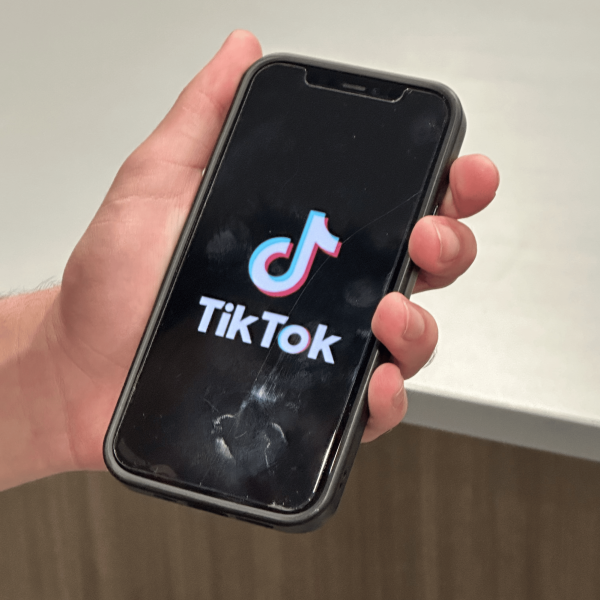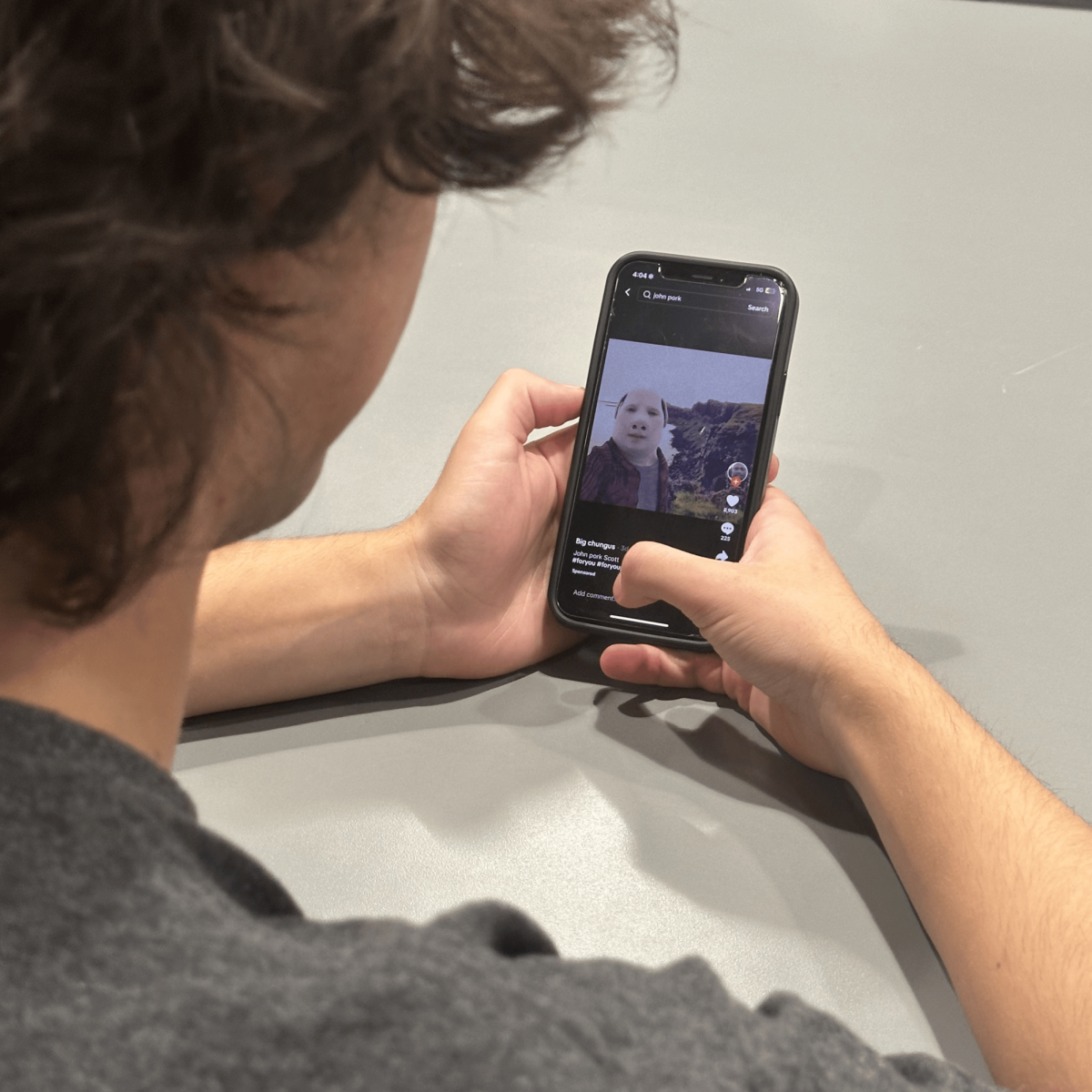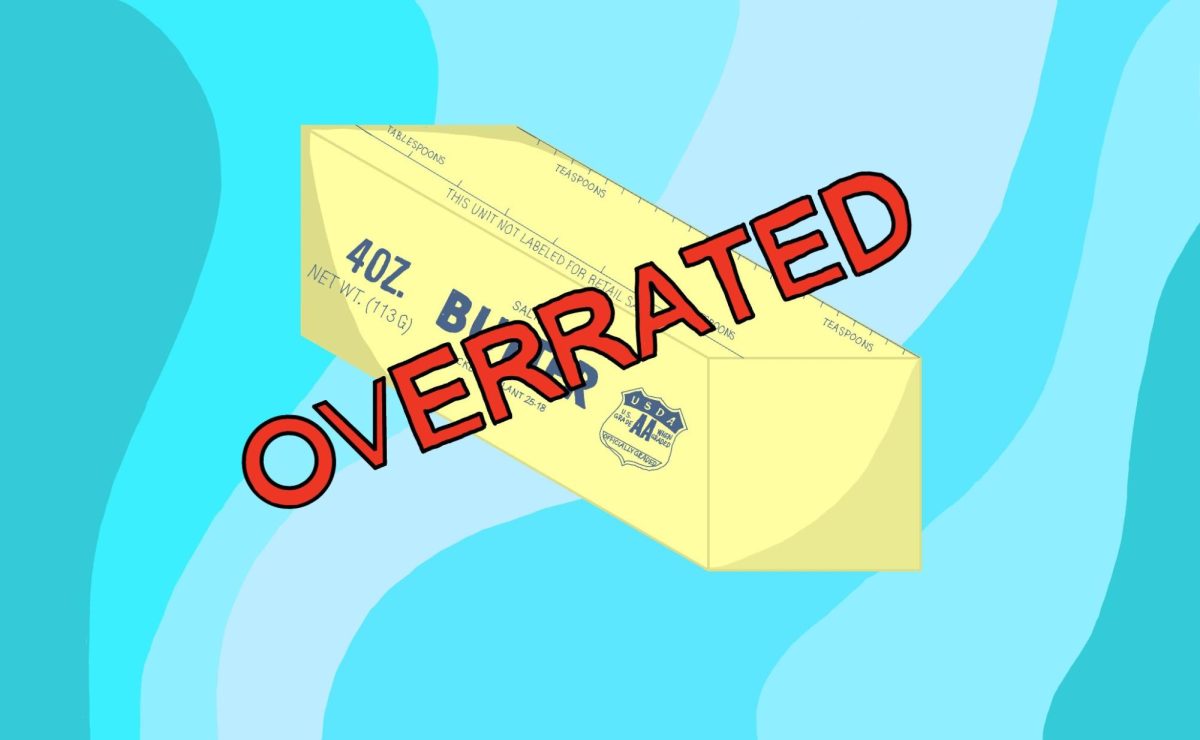According to a 2023 study, teenagers spend an average of 4.8 hours on social media every day. That equates to 73 days of the year being spent on their phone.
Gen Z is the first generation to grow up with social media (1995-2010), followed by the second generation, Gen Alpha (2010-2024). Gen Z has grown up with all different social media, from MySpace to BeReal, but one stands out in particular: TikTok.
TikTok has had its fair share of controversy being accused of being a Chinese spy tool to dangerous trends. Despite all of these accusations, there is one that’s not being talked about.
How does TikTok affect our brain, especially our attention span?
To test this out I decided to delete TikTok for five days.
Initially after deleting TikTok, I immediately wanted to reinstall it but soon, I quickly forgot I even deleted it.
I found my mornings to be a lot more productive. Instead of scrolling around TikTok, I started watching YouTube videos to prepare me for my AP US History test, which I ended up getting an A on due to using my time wisely. I finished my homework quicker than I have in years and wasn’t wasting my time scrolling endlessly. My attention span increased and I paid a lot more attention in school.
By the end of Friday, I decided to reinstall the app and restrict TikTok usage to weekends.
Now, what’s the science behind all this?
You have probably heard the word dopamine being thrown around and don’t know what it means. In simple terms, dopamine is a chemical messager in the brain that is released when you do something that you enjoy.
According to neuroscience expert Dana Dickey, the entertaining elements of each new TikTok cause your brain to release dopamine in the nucleus accumbens. Your brain enjoys the sudden, intense release of the feel-good hormone into the bloodstream—known as the dopamine rush—so much that you are now wired to consume more TikToks to achieve the same effect.

This is a huge cause of addiction. TikTok is highly addictive because of the constant stream of short videos, leading to the urge to scroll every 5-10 seconds to see a new video and keep the dopamine flowing.
This doesn’t mean to delete TikTok and never use it again; this means to use it healthily. Too much of anything is bad and it’s harder to stop doing something as addictive as TikTok—so be more aware of what you’re doing and take breaks. You can even be like me and delete the app for a few days to give yourself a mental reset.
TikTok has its positives, but the dangers can’t be ignored and you must advocate for yourself. If you can’t pay attention in class, can’t watch a movie, or talk to somebody without going on your phone, it might be time to give TikTok a break.

















